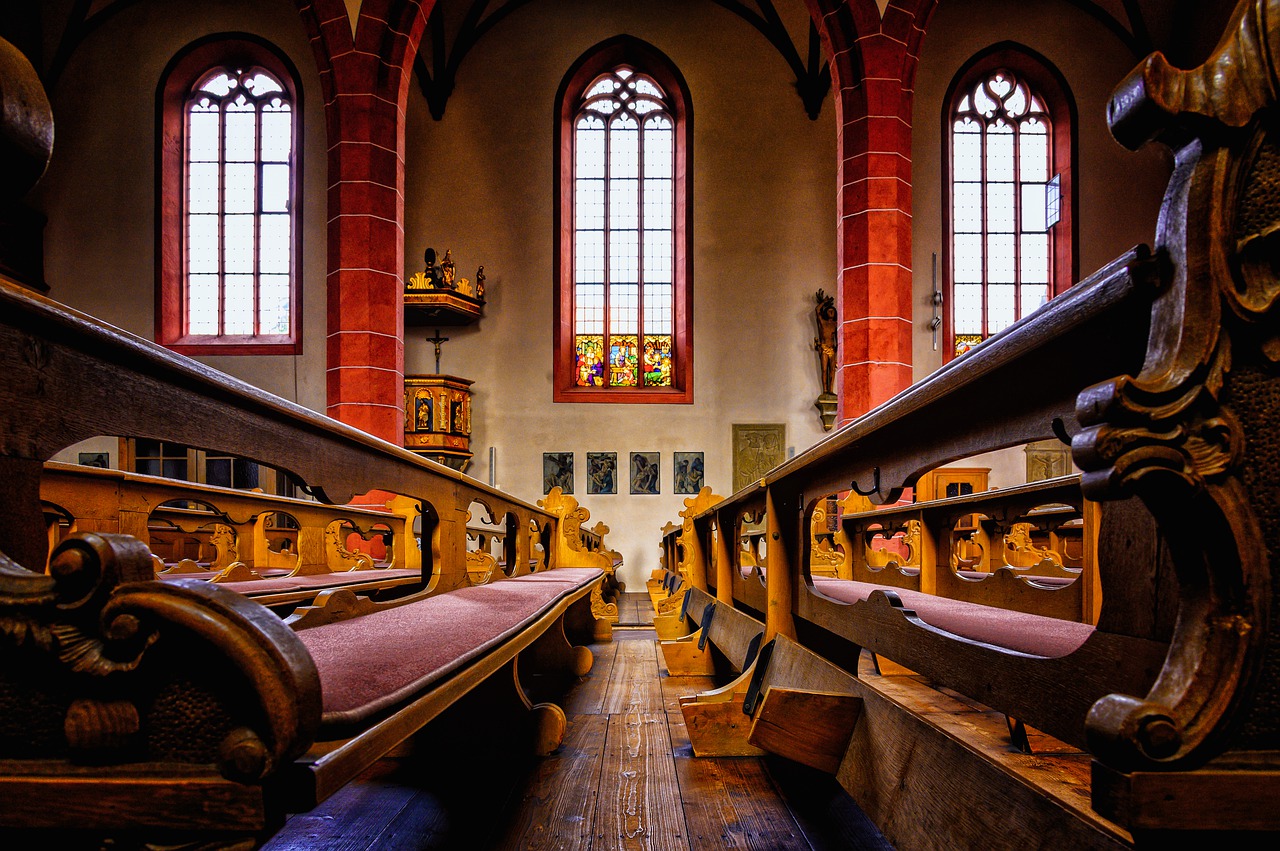
This is the first installment of a 2-part series.
For anyone who has become Catholic as an adult, you know that conversion doesn’t stop when you make your Profession of Faith at the Easter Vigil and receive the sacraments of Confirmation and the Holy Eucharist for the first time. For many, the time after the Easter Vigil can bring a lot of mixed emotions: periods when you don’t feel close to God or your faith, not knowing how or where to serve in the Church, and struggles fitting into Catholic parish life and ministry.
Emotions don’t equal devotion
One common struggle for new converts is figuring out what is “wrong” when you don’t have the same strong, passionate emotions and excitement that you experienced on your journey towards the Church or soon after conversion. It’s important to remember that emotions don’t equal devotion, anymore than feelings equal love. We all know that we can choose to love someone even when we don’t feel like it, and often that love is much more sacrificial, even meaningful, when we don’t have lots of warm, fuzzy feelings. So, too, in our faith life. We might feel dryness when we pray; we might not feel a connection to God, Mary, or the saints; we might not feel holy. But that doesn’t really matter in the end. Many saints (such as St. Mother Teresa and St. Therese of Lisieux) experienced highs and lows in their experience of faith. Some went through years of spiritual aridity and didn’t feel close to God or feel His presence in their lives. And that is okay. What matters is how we decide to live our faith and nurture it through the means God gives us. Not feeling holy doesn’t mean you are a bad Christian. God can allow us to go through periods of “desolation” to purify our faith and remind us that our faith isn’t meant to be dependent on feelings. If spiritual dryness or lack of consolations are troubling you, take heart and know that this is a typical expe- rience in the spiritual life. You can always seek out the counsel of a priest for advice about your individual situation too.
Using your gifts
Converts, especially those coming from a background in ministry, offer the Church a wealth of experience and gifts. While it can be a beautiful thing to serve the Church, whether in paid or volunteer ministries, don’t be afraid to take some time to settle into just “being Catholic.” Savor the feeling of sitting back and soaking in the richness of the Catholic Faith. Becoming Catholic is a lot like moving to another country — a new language, new laws, and new customs. It can take a while to settle in and feel at home. Feel free to be more of a Mary than a Martha (Lk 10:38-42). Then, when you feel ready, prayerfully consider how your parish or local Catholic community could benefit from your efforts.
Connecting
Finding community once you are Catholic can be another challenge that converts didn’t expect. Catholic parishes often aren’t as overtly welcoming as many of the Protestant churches converts are used to. Catholics don’t always socialize after Mass or make a point to reach out to someone they haven’t seen before. This can be frustrating and disappointing for a new convert who desires a good community in their new faith life. One important thing to remember is that Mass is an encounter with God, where we gather to worship Him and give Him praise. Thus, rightly, our focus should be on Him and on entering into a prayerful state before and after Mass. So don’t be concerned if Catholics aren’t as chatty or even seem as welcoming as Protestant churches on Sunday mornings. That’s not to say, though, that there aren’t opportunities to have fellowship within a Catholic context; it just might be different than what you’ve previously experienced. Lenten fish fries, the parish picnic or festival, small groups, Bible studies, and various volunteer opportunities are all great ways to get to know your fellow parishioners. And if your parish doesn’t offer many extra ways to get involved, there is nothing stopping you from asking your pastor if you can start something. You can always look into activities at other parishes in the area or within your diocese too. And give it time. Friendships and connections can happen organically but don’t need to be rushed.
In the next article, we will look at more ways that converts and even lifelong Catholics can go deeper in their faith. Conversion is an ongoing process and we are blessed to have so many opportunities to grow in our relationship with Jesus and His Church. Stay tuned!






